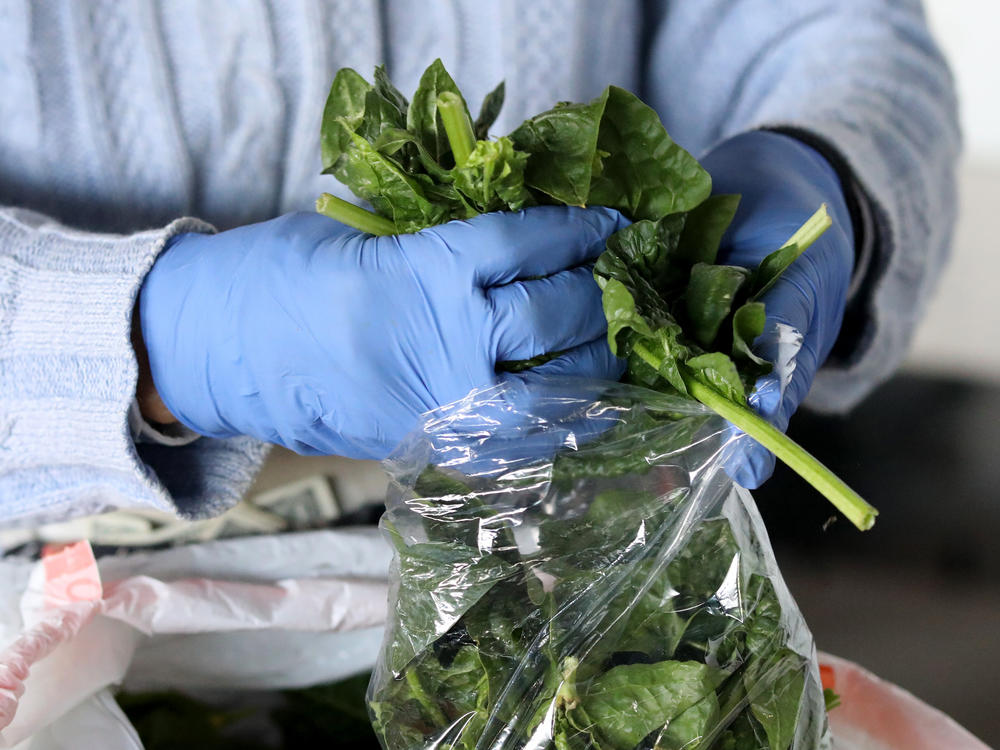Section Branding
Header Content
New Zealand becomes first country to ban single-use produce bags at grocery stores
Primary Content
Customers in New Zealand already are expected to bring their own shopping bags to grocery stores. Now they also will be asked to carry their own reusable bags for fruits and vegetables.
New Zealand is considered the first country in the world to ban single-use produce bags at supermarkets. The measure officially went into effect on July 1.
Single-use plastics can cause a multitude of problems, including clogging storm sewers, littering landscapes and killing wildlife. New Zealand Secretary for the Environment James Palmer anticipates that the new ban will eliminate 150 million plastic produce bags from circulation each year.
"That's 17,000 plastic bags, every hour," Palmer said in a statement.
In 2019, New Zealand no longer allowed stores to provide single-use plastic shopping bags. This measure takes waste-reducing efforts a step further by banning recyclable, biodegradable or plant-based plastic. Instead, customers are encouraged to carry mesh, paper or canvas bags to hold their produce.
Countries across the globe slowly have been moving away from single-use plastic bags — either imposing fees to use them or banning them from stores.
Through the United Nations Environment Assembly, representatives from 175 nations are working through the end of 2024 to forge an international plan to end plastic pollution.
As of 2021, eight U.S. states — California, Connecticut, Delaware, Hawaii, Maine, New York, Oregon and Vermont — had passed laws that prohibited stores from providing single-use plastic shopping bags.
The produce bag ban isn't the only new plastic restriction going into effect in New Zealand. The country also banned the manufacture, sale and distribution of single-use plates, bowls and cutlery, and stores will only be allowed to offer single-use plastic straws to people with disabilities or health needs.
Copyright 2023 NPR. To see more, visit https://www.npr.org.

